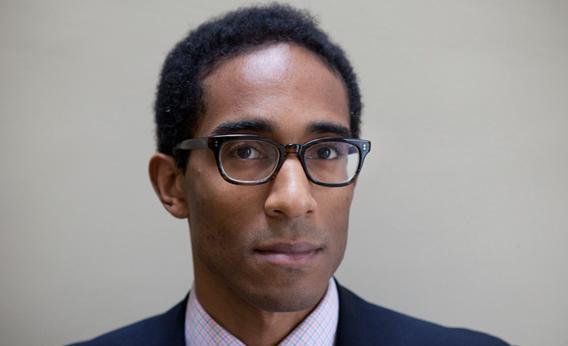Please send your questions for publication to gentlemanscholarslate@gmail.com. (Questions may be edited.)
The term RSVP is so misused. In the context of invitations to weddings and other ceremonious events, it retains its original meaning, but in less formal circumstances it now means give us a response if you are coming without the need to respond if not attending.
My quandary: I received a work-related picnic invitation that told recipients that we “MUST RSVP.” Finding the capitalization very gauche, I responded in order to decline the invitation. Though this response met the letter of the law, I have this feeling that it will not be regarded favorably by the poor person whose job is to simply get a head count. I fear I might not have behaved as a gentleman would have.
How does a gentleman know when RSVP actually means what it was originally intended to mean?

Photo by Christina Paige
Thank you for your question.
RSVP abbreviates the French phrase Répondez s’il vous plaît, which means Please reply, as is known by every adult worthy of receiving an invitation to anything good.* This category happens to include a few people inclined to pleonastically write, “Please RSVP.” Let’s try not to sneer at them, for as you indicate, the history of the term is a chronicle of mutation.
Looking into Garner’s Modern American Usage will confirm your sense that RSVP has transformed into a verb sometimes meaning make a reservation—“admission is free, but be sure to RSVP at least two days beforehand.” Looking through my inbox, I find it nominated as a noun—“RSVP is mandatory.” Looking at a would-be lover with meaningful stares once was known as making RSVP eyes, an adjectival usage captured in a 1914 headline—“Girls With R.S.V.P. Eyes Are to Blame for Most of the Flirting These Days.” (The story quotes a judge chastising victims of street harassment: “A woman who by her dress or manner challenges attention ought not to be surprised if she gets it.” Recent discussion indicates that statement as a non-starter, but please allow your indignity to be complicated by the knowledge that the same judge sentenced a guy to 30 days of labor for insulting a lady’s honor by asking her price.)
The OED’s earliest citation of RSVP dates to 1845. Manners mavens’ earliest obituaries for it arrived about 60 years later. Flipping through etiquette books published in the very early 1900s, we discover numerous declarations that writing RSVP on an invitation was going out of fashion. The thinking was, it had begun to dawn on everyone that all good people knew to respond promptly to an invitation and that it was rudely superfluous to bring up the subject—“a faint reproach upon their breeding.” Further, some observers regarded the needless borrowing of a French phrase as terribly bourgeois and preferred such constructions as “An answer is requested.” Fair enough: Clearly, we RSVP for the same reason that we dine in restaurants, rather than eating houses, and munch on hors d’oeuvres, as opposed to itsy-bitsy yummy things; some people salivate at its ooh-la-la lilt.
But RSVP failed to die, possibly because there are many hundreds of millions of Americans whose breeding deserves reproach. (You know what did expire? R.V.S.V.P.—Répondez vite s’il vous plaît meaning, Please reply at once. No one mourns it. There is flop sweat in its urgency, and the fact that it looks like a typo cancels out its appeal as an affectation. )
The gentlemanly thing to do is accustom yourself to debasement—or, to put a sunnier face on it, moral relativism—and adhere to a flexible standard. Is the person requesting a reply hosting a gathering that is fundamentally social in nature? If so, you should always, always write back. A simple, “Rats! Can’t make it. Regrets,” sent to a friend-of-a-friend hosting a casual apartment party helps build a foundation for drinking his beer some other time. But what if the core purpose of the event is promotional? Am I doing a publicist a disservice by simply ignoring emails—sample subject line: “FOLLOW UP RSVP?”—inviting me to endure a publicity party for some product I have no intent to publicize? I tend to think not, and thus am strictly opportunistic about whom to favor with a reply. I don’t think it’s any ruder than failing to answer the phone for a telemarketer.
Further, it is always acceptable to ignore a Facebook invitation to anything, especially a promotional event weakly disguised as a social event, because such invitations tend to be awful parties in themselves, virtual minglings of personal brands. I am not sure whether it was insidious or simply modern of the social network to offer “maybe” as a response to an invitation, but either way, an invitation issued via a platform that encourages equivocation in the matter of social commitments is not to be trusted. It is not necessary to dignify with a response.
*The AP Stylebook dictates RSVP, which would have annoyed Emily Post, who insisted on punctuation after each letter and wished that 75 percent of those letters would be lower-cased: “Capitals R.S.V.P. are permissible; but fastidious people prefer ‘R.s.v.p.’ ” The GS Stylebook suggests Rsvp as a foxy modern compromise.